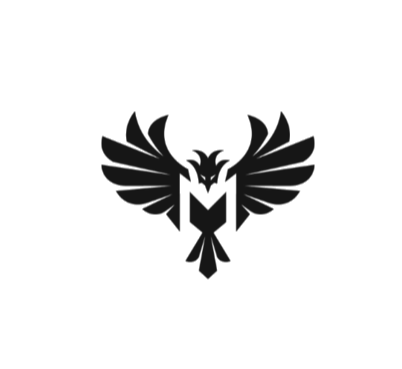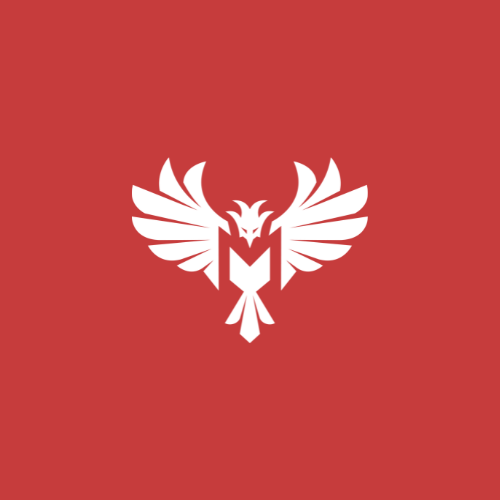What Is Modern Standard Arabic (MSA)?
✔️ What It Is:
-
The formal version of Arabic, used in news, literature, official documents, and religious texts.
-
Taught in schools across the Arab world.
-
Grammatically complex with strict sentence structures.
✔️ Where You’ll Hear It:
-
News broadcasts (e.g., Al Jazeera, BBC Arabic).
-
Newspapers and formal writing.
-
Religious speeches and Quranic recitation.
-
Political speeches and official documents.
❌ Why It’s Hard for Conversation:
-
No one speaks it in daily life. It sounds unnatural in casual conversations.
-
Complex grammar and rigid sentence structures make it hard to master and use spontaneously.
-
Each country has its own dialect, which can be very different from MSA.
💡 Example:
-
MSA: "كيف حالك؟" (Kayfa haluk?) – How are you?
-
Lebanese Arabic: "كيفك؟" (Kifak/Kifik?) – How are you?
Which one do locals actually use? Kifak/Kifik.
What Is Lebanese Arabic?
✔️ What It Is:
-
The spoken dialect used in Lebanon and widely understood across the Levant (Syria, Jordan, Palestine).
-
Much simpler and more natural for daily conversations.
-
Borrowed words from French, English, and Turkish, making it sound different from MSA.
✔️ Where You’ll Hear It:
-
In daily conversations between locals.
-
In Lebanese music, TV shows, and social media.
-
In casual settings like restaurants, markets, and taxis.
✔️ Why It’s Easier for Conversation:
-
No complex grammar—sentences are more flexible.
-
Sounds more natural and friendly than MSA.
-
Widely understood across the Levant and even beyond (thanks to Lebanese media and music!).
💡 Example:
-
MSA: "أريد أن أشرب القهوة" (Ureed an ashrab al-qahwa) – I want to drink coffee.
-
Lebanese Arabic: "Baddé echrab ahwe" (بدي إشرب قهوة) – I want to drink coffee.
Which one is faster and easier? Definitely Lebanese Arabic!
Lebanese Arabic vs. MSA: Key Differences
| Feature | Modern Standard Arabic (MSA) | Lebanese Arabic (Dialect) |
|---|---|---|
| Use | Formal, written Arabic | Everyday spoken Arabic |
| Grammar | Complex, rigid rules | Simpler, more flexible |
| Pronunciation | Classical Arabic sounds | Softer, modern pronunciation |
| Where It's Used | News, books, religious texts | Conversations, media, music |
| Common Learners | Scholars, diplomats, researchers | Travelers, expats, casual learners |
Bottom line? If you’re learning Arabic for real-life conversations, Lebanese Arabic is much more practical!
Should You Learn Lebanese Arabic or MSA?
The answer depends on your goals:
✅ Learn MSA if:
-
You need Arabic for formal writing, academia, or religious studies.
-
You want to read Arabic books, newspapers, or historical texts.
-
You plan to work in media, politics, or journalism.
✅ Learn Lebanese Arabic if:
-
You want to speak Arabic with locals in Lebanon or the Levant.
-
You’re traveling to Lebanon and want to connect with people.
-
You love Lebanese culture, music, and TV shows.
-
You need practical Arabic for daily conversations.
💡 Pro Tip: If your goal is to speak Arabic fluently, start with Lebanese Arabic! You can always learn MSA later if needed.
How to Learn Lebanese Arabic Fast
If you’re ready to ditch textbook Arabic and start speaking like a local, here’s how to learn Lebanese Arabic the smart way:
1️⃣ Learn Key Phrases First – Focus on essential greetings, questions, and everyday expressions.
2️⃣ Listen to Lebanese Arabic – Watch Lebanese shows, listen to music, and follow Lebanese YouTubers.
3️⃣ Speak from Day One – Practice with native speakers or a structured course.
4️⃣ Use the Right Resources – MSA-focused books won’t help—find a course designed for spoken Lebanese Arabic.
Start Speaking Lebanese Arabic Today!
🚀 Want to fast-track your Lebanese Arabic skills?
📥 Download our FREE Lebanese Arabic Starter Guide and start speaking today!
🎓 Join the Lebanese Arabic Accelerator to master real-life conversations with structured lessons and expert guidance.
Don’t just learn Arabic, learn the Arabic people actually speak!


